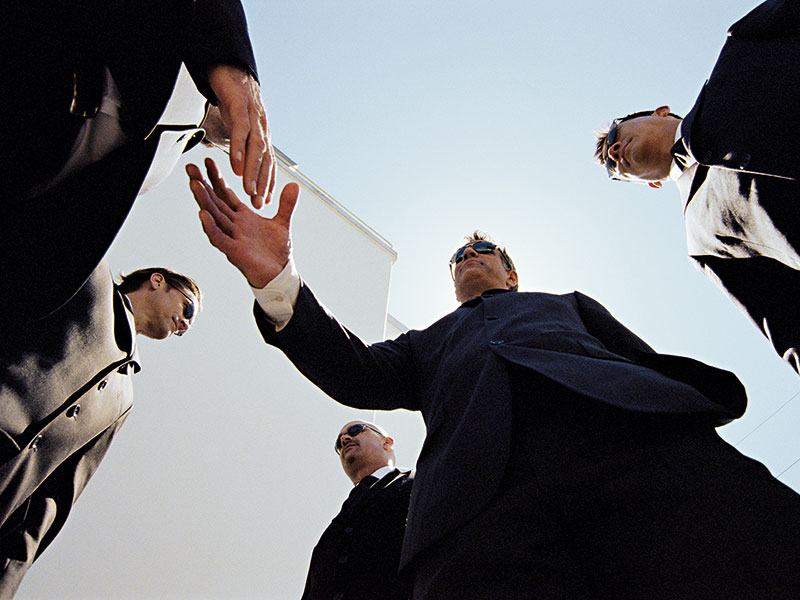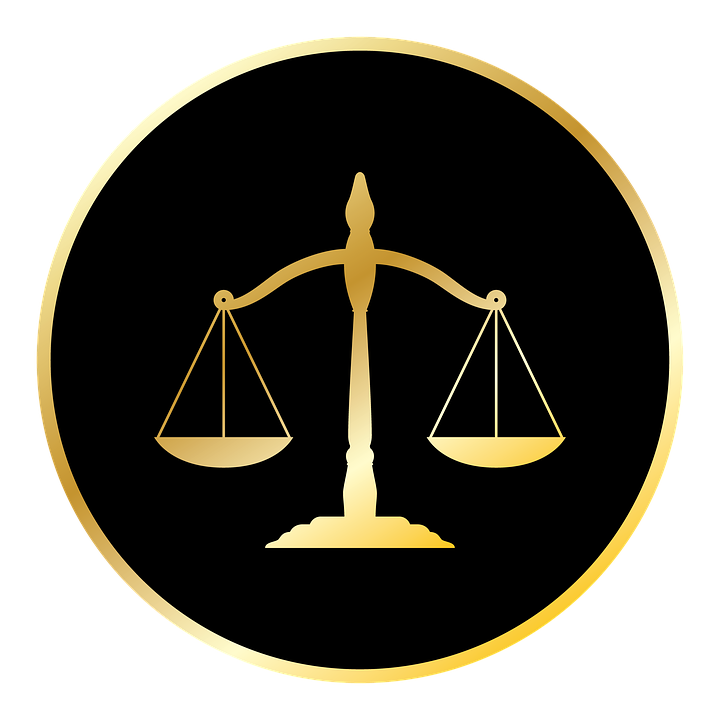“The greed, self-interest and hostility generated by the capitalist system tend to motivate many crimes at all levels within the society.”
-Chambliss (1976)
Today, we shall continue discovering the Marxist’s point of view in the sociology of laws.
A Recap of the Marxist Theory
“According to Marxist sociologists, capitalist industrial societies are divided into two major social classes where the lower class is exploited, oppressed and dominated by the capitalists. In other words, that power is held by those who own and control the means of production and the superstructure reflects the relationship between the poverty-stricken proletariat and the powerful capitalists. Therefore, according to Marxists, even the law and the legal system were instruments of the ruling class. It was believed that the state passed laws that used to support the ruling class, maintain their power and coerce and control the subject class.”
Who Breaks the Law? Who Gets Caught? – Corporate Crime
Sociologists who have been strongly influenced by Marxism tend to argue that compared to the working-class people, the rich are less likely to be arrested and charged with crimes. And the evidence for their claims: corporate crimes.
Corporate crimes can be simply defined as offenses committed by large companies that profit the organization rather than individuals. These include offenses such as misrepresentation of products, industrial espionage, breaches of health and safety regulations, environmental pollution and price-fixing.
Below you will find some example of corporate crimes that are used as concrete pieces of evidence by sociologists:
- Manufacturing offenses and dangerous products: The rigging of test results on the drug Thalidomide during the 1960s led to birth defects in thousands of babies.
- Unfair trade practices and cheating consumers: In 2007, some UK supermarkets and dairy companies were fined for fixing the price of milk and cheese so that prices (and of course profits) were kept artificially high, costing consumers more than what they would have paid without price-fixing.
- Computer Hacking: Did you know that around the 1990s, British Airways illegally hacked into computers to obtain confidential information about its rival called Virgin Atlantic?
- Dangerous plant and environmental pollution: In 1984, the Union Carbide chemical plant leaked poisonous gas in Bhopal in India. This affected nearly a million of people and by 2010, it was estimated that approximately 35,000 had died, with a further 120, 000 suffering severe symptoms such as blindness and birth defects in children.
Even though corporate crimes often have no individual victim like a household burglary or a brutal street attack, the examples mentioned above do point to the widespread harm that these corporate offenses can cause to the public, sometimes through dangerous and faulty goods or through environmental pollution. All too often, the people who suffer the most harm from corporate crimes are the poor.
As per Laureen Snider, “Many of the most serious anti-social and predatory acts committed in modern industrial societies are corporate crimes and these do more harm than “street crimes” such as burglary, robbery and murder, which are usually seen as the most serious types of crime. Corporate crimes cost more, in terms of both money and lives than street crime.”

However, despite the enormous costs of corporate crimes, both the penalties and the chances of prosecution for those involved are usually small. Some sociologists claim that enforcement agencies are expected to balance the costs of enforcing regulations with the benefits. Prosecutions are generally used as a last resort and it is more likely to be small businesses that are taken to court rather than the big corporations, which cause much more harm.
For instance, many Marxist sociologists argue that corporate crimes are often under-represented in official crime statistics, giving the impression that the higher class tends to commit fewer offenses. For example, violations of health and safety legislation by big companies can often lead only to a reprimand and crimes such as professional misconduct, medical negligence, industrial espionage and computer fraud are rarely reported and prosecuted, just to protect the interests or reputation of the capitalists.
What do you think about corporate crimes? Please share your comments!


